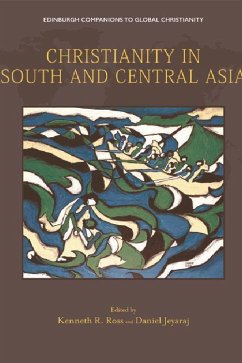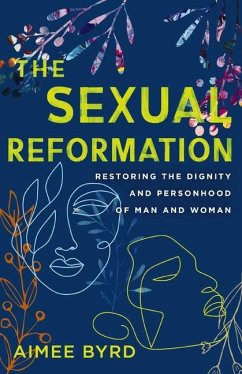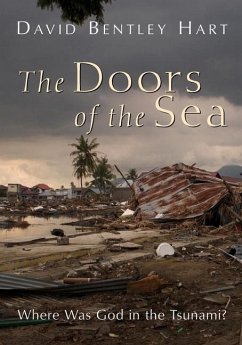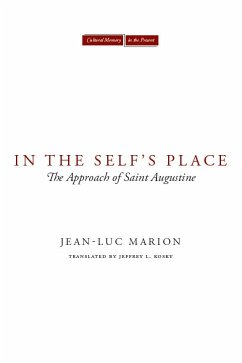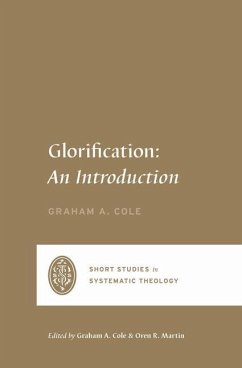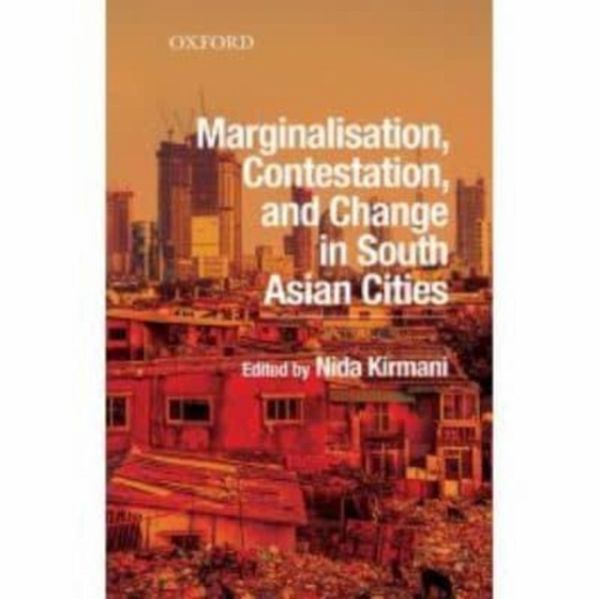
Marginalisation, Contestation, and Change in South Asian Cities
Versandkostenfrei!
Versandfertig in über 4 Wochen
15,99 €
inkl. MwSt.

PAYBACK Punkte
8 °P sammeln!
This book approaches the city as a site of multiple contestations and contradictions and aims to highlight struggles over space, resources, identities, and meaning taking place within South Asian cities. It explores the ways in which the adoption of neoliberal models of development have impacted South Asian cities and their citizens, focusing on both Indian and Pakistani cities, highlighting similarities and differences in urban change on both sides of the border.



